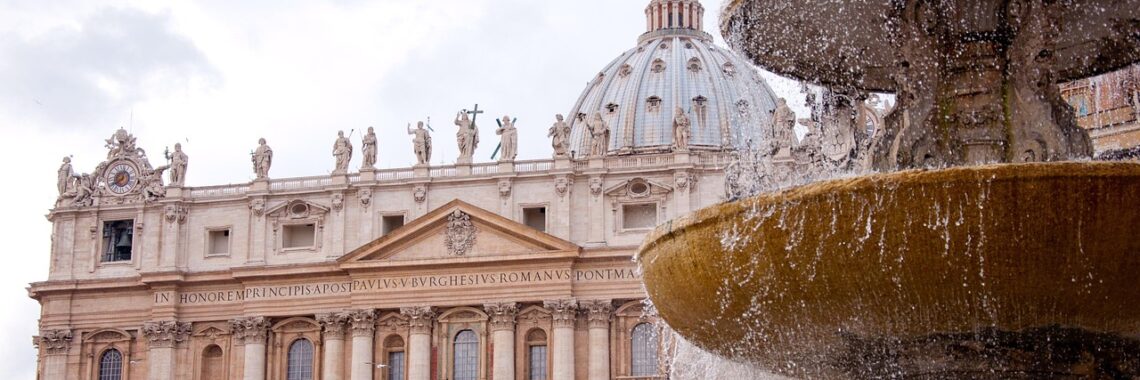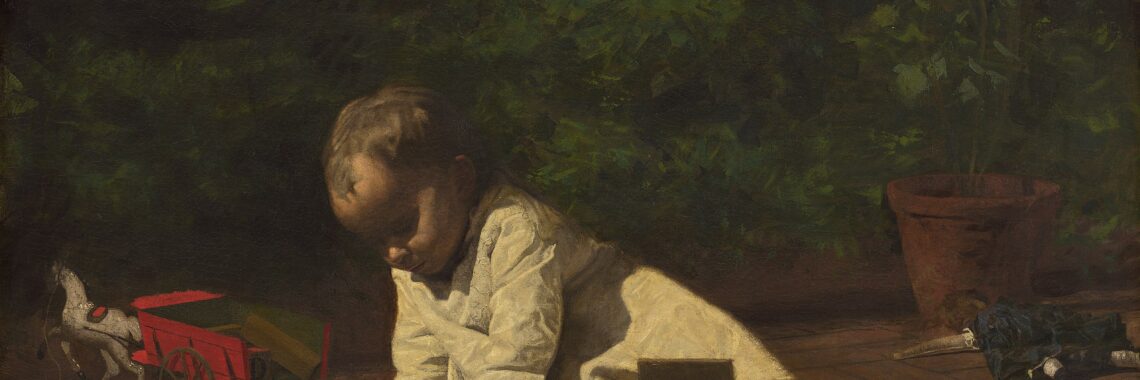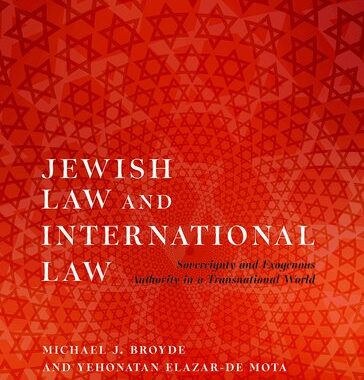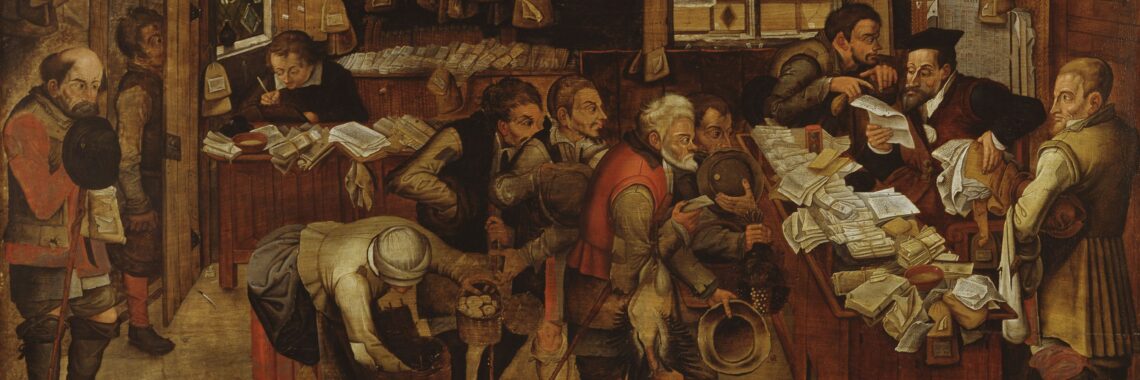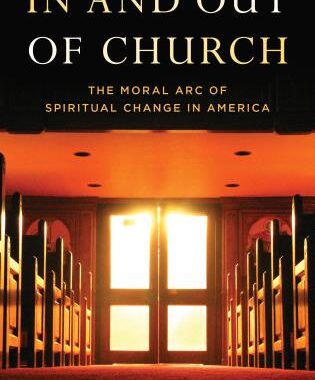“Justifiable Limitations Upon Freedom of Religion and Belief in Australia’s Draft Human Rights Bill: Lessons from the New Zealand Bill of Rights Act 1990” by P. T. Babie
Image of Dunedin, New Zealand by Arvid Olson from Pixabay While Section 116 of the Australian Constitution appears textually to provide broad protection for freedom of religion or belief (FoRB), its interpretation by the High Court of Australia severely restricts its potential. The problem stems from the judicial conflation of two questions: whether FoRB has been violated and,…




